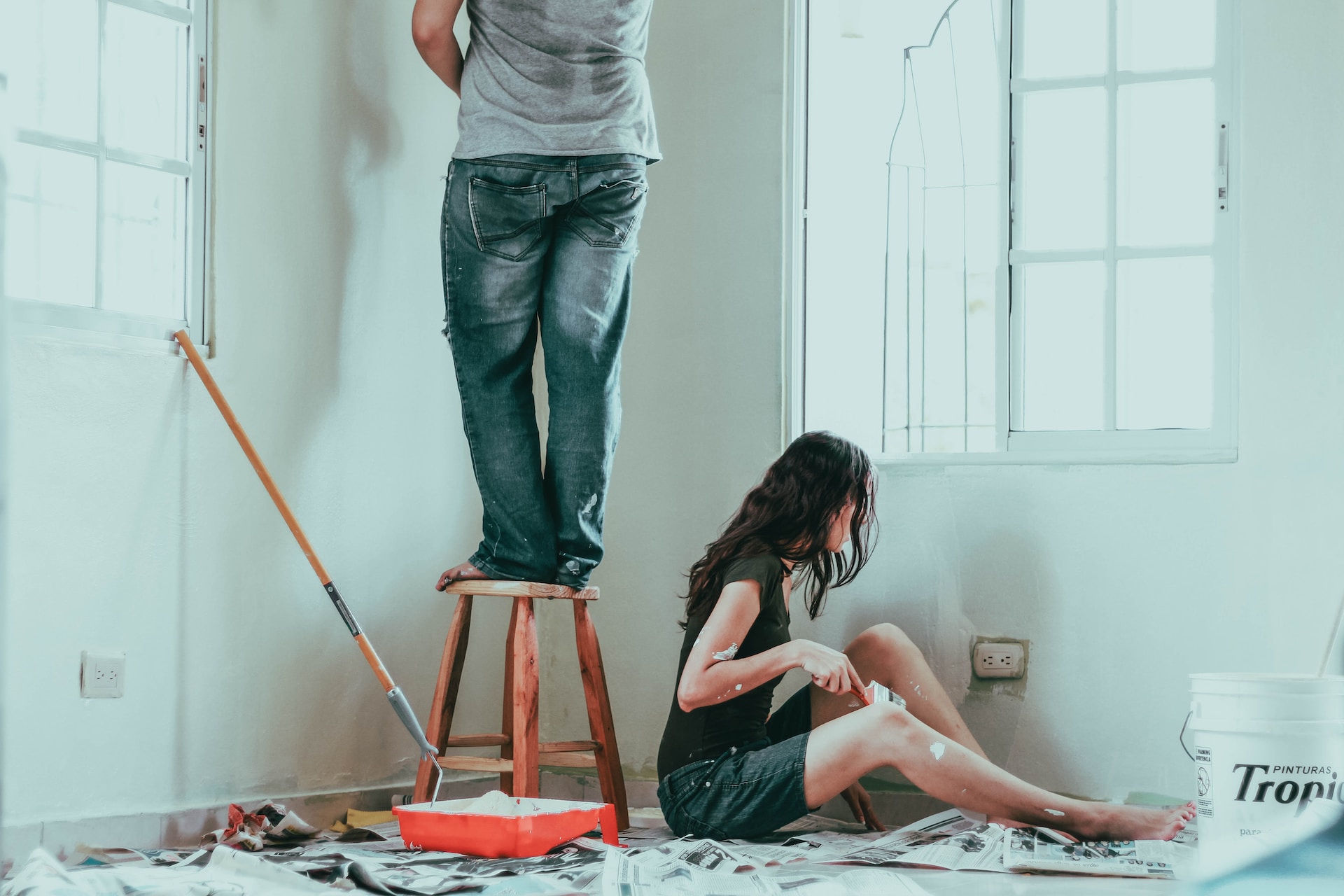Pitfalls to avoid when upsizing your home
Share story

Cute girl looking at model of house on table.
Are you tired of having your already cramped bedroom serve as both a home office and an at-home gym? It could be time to upgrade. While having additional space may sound appealing, upsizing can be a mistake for many inexperienced home buyers.
It’s critical to avoid these blunders since upsizing can be costly, but it doesn’t have to be if you plan ahead of time and do your homework. So, before taking the plunge, here are some pitfalls to avoid when upsizing to a larger home:
Mistake No. 1: Rushing to buy a bigger home
You can’t stop fantasizing about bigger places, but take a breather to examine your reality. You don’t want to leave your existing residence without first researching the market and considering your options.
Although the current real estate market’s steady recovery generates temptation to relocate as soon as possible, it is important to be careful and thoughtful in your decision-making process. Make sure you understand the market, comparable sales, and the valuation of the home you are considering bidding on.
Mistake No. 2: Disregarding long-term factors

Couple repainting their house together.
You recently received a promotion or a significant wage increase and want to upsize. This may not be wise because you will incur more debt when you pay for a larger mortgage loan.
Naturally, when most people achieve financial security, they begin to consider methods to upsize, such as purchasing a larger home, a new car, or doing a large-scale makeover. However, these are just ways to make your financial situation worse by taking on additional debt, as this leaves you with few opportunities to save for your retirement.
Mistake No. 3: Checking your eligibility
Before you begin house looking for your new dream home, utilize the housing loan eligibility calculator to determine your eligibility. Aside from that, you should review your credit report to see if you have any additional debts that could be affecting your credit score and if anything is incorrectly recorded.
Mistake No. 4: Disregarding financing
After checking your financial background, various institutions will approve your loan at varying interest rates. Your Debt Service Ratio (DSR) is the most important factor; some banks allow you to borrow more, while others allow you to borrow less, based on their DSR criteria. If you are unfamiliar with applying for loans or mortgages, it is best to leave it to the professionals. Consider hiring a financial advisor and/or a mortgage broker—ask around for recommendations.
Mistake No. 5: Neglecting your current home
Don’t neglect maintenance on your current property in your haste to upsize. Maintain your home’s upkeep, and if something breaks, fix it before you leave.
To maximize the value of your current house, keep it in excellent condition. Investing in frequent maintenance of your current property will offer you with more value when it’s time to sell.
Mistake No. 6: Spending too much on items for the new home
Upsizing to a new home doesn’t give you the right to go crazy and overspend.
Many people tend to go overboard with their expenses for their new home, where they start buying all new stuff. It’s better to hold off on buying all the new stuff. Instead, replace items when they break or are no longer usable.
Conclusion
Sometimes, it’s easy to get carried away by the hype of getting a bigger/better house. Hopefully these tips can remind you of things that would matter to your decision on upsizing and save you from making costly mistakes that create financial regrets.
It’s tempting to get carried away by the excitement of buying a bigger or nicer house. Hopefully, these tips can remind you of things that would matter to your decision on upsizing and keep you from making costly mistakes that may leave you with financial regrets.


